Japan & Philippines VAT Rules 2025: Impact on Digital Service Providers

In 2025, new consumption and value-added tax rules for foreign digital service providers will become effective in Japan and the Philippines. What does this mean for tech companies and digital service providers?
🎧 Prefer to Listen?
Get the audio version of this article and stay informed without reading - perfect for multitasking or learning on the go.
In 2024, the governments of Japan and the Philippines amended their national legislation and announced the introduction of new rules for digital service providers.
Japan changed its place of supply rule for the cross-border supply of digital services in 2015. Starting then, foreign digital services providers should register for consumption tax purposes. However, due to the expansion of the digital economy and based on the expert report released by the Japanese Ministry of Finance in November 2023, the proposed tax reform package was adopted in 2024. This meant that new rules would take effect on April 1, 2025.
Foreign digital service providers should register for consumption tax if their taxable sales to Japanese consumers exceed ¥10 million, or around $65,000. Companies should have a local office in Japan or appoint a tax representative to register successfully. Once they exceed the registration threshold and complete the registration process, they should charge, collect, and remit a 10 percent consumption tax on all digital services provided to Japanese residents.
Under the new rules, foreign digital platforms, such as online marketplaces or app stores, should register for consumption tax if the total amount of the facilitated sales of digital services to Japanese consumers exceeds the ¥5 billion threshold, or approximately $32.5 million. Platforms such as the Apple Store, Apple Books, Apple Podcast, AWS Marketplace, Google Play, and Nintendo eShop have already completed their registration process.
Digital services subject to a 10 percent consumption tax include video and music streaming services, cloud-based storage space, services allowing consumers to access online shopping or auction marketplaces, online app stores, and even online English lessons.
While Japan adopted its change relatively straightforwardly, the Philippines government found this road challenging. Adopting the tax rules for foreign digital service providers took years until it was completed in October 2024, when President Ferdinand R. Marcos Jr. signed the Value Added Tax (VAT) on Digital Services Law. The law should come into force in mid-2025.
“Local business and international digital platforms now compete on equal terms. We will no longer be playing by different sets of rules. If you are reaping the rewards of a fruitful digital economy here, it is only right that you contribute also to its growth,”
said the President.
Following the law's rules, foreign digital services providers, such as Netflix, Disney, and HBO, should register for VAT and apply a 12 percent VAT on services provided to consumers in the Philippines once their gross sales for the past 12 months were more than ₱3 million or if there are reasonable grounds to believe that their gross sales for the next 12 months will be above ₱3 million, which is nearly $52,000.
In addition to streaming services, companies that provide online search engines, marketplaces, cloud-based services, or media and advertising services are also covered by the law. Large tech giants such as Google, Amazon, and Meta should register for VAT and apply the 12 percent rate once their gross revenue from sales to Filipino consumers exceeds the set threshold.
While both countries have different thresholds and registration requirements for consumer sales, meaning business-to-consumer (B2C) transactions, the same rules apply for business-to-business (B2B) transactions. If the buyer of the digital services is a local company, the reverse-charge mechanism applies. Local businesses, not foreign digital service providers, are responsible for reporting and paying taxes.
The Japanese and Philippine governments' decisions to impose new rules and requirements on foreign tech companies align with current developments worldwide. There are two main reasons why governments decide to take this step.
The first one is to protect local companies and digital service providers by subjecting foreign companies to the same rules applicable to local ones. The second reason is to ensure additional budget revenues since foreign providers often remain under the radar of the local tax authorities.
“This is not a new tax, just to clarify, but a crucial step in ensuring fairness in competition in our rapidly evolving digital economy. For too long, local digital service providers have carried on and carried the tax burden of VAT. In contrast, foreign DSPs or digital services providers, though profiting from our consumers, have not,”
said on October 2, 2024, the Philippine Bureau of Internal Revenue Commissioner Romeo Lumagui Jr.
However, this may not end tech companies' tax liabilities. As the number of countries implementing digital services tax increases, it should not be surprising if Japan or the Philippines impose additional taxes on the largest tech and international companies.

More News from Asia-Pacific
Get real-time updates and developments from around the world, keeping you informed and prepared.
-e9lcpxl5nq.webp)





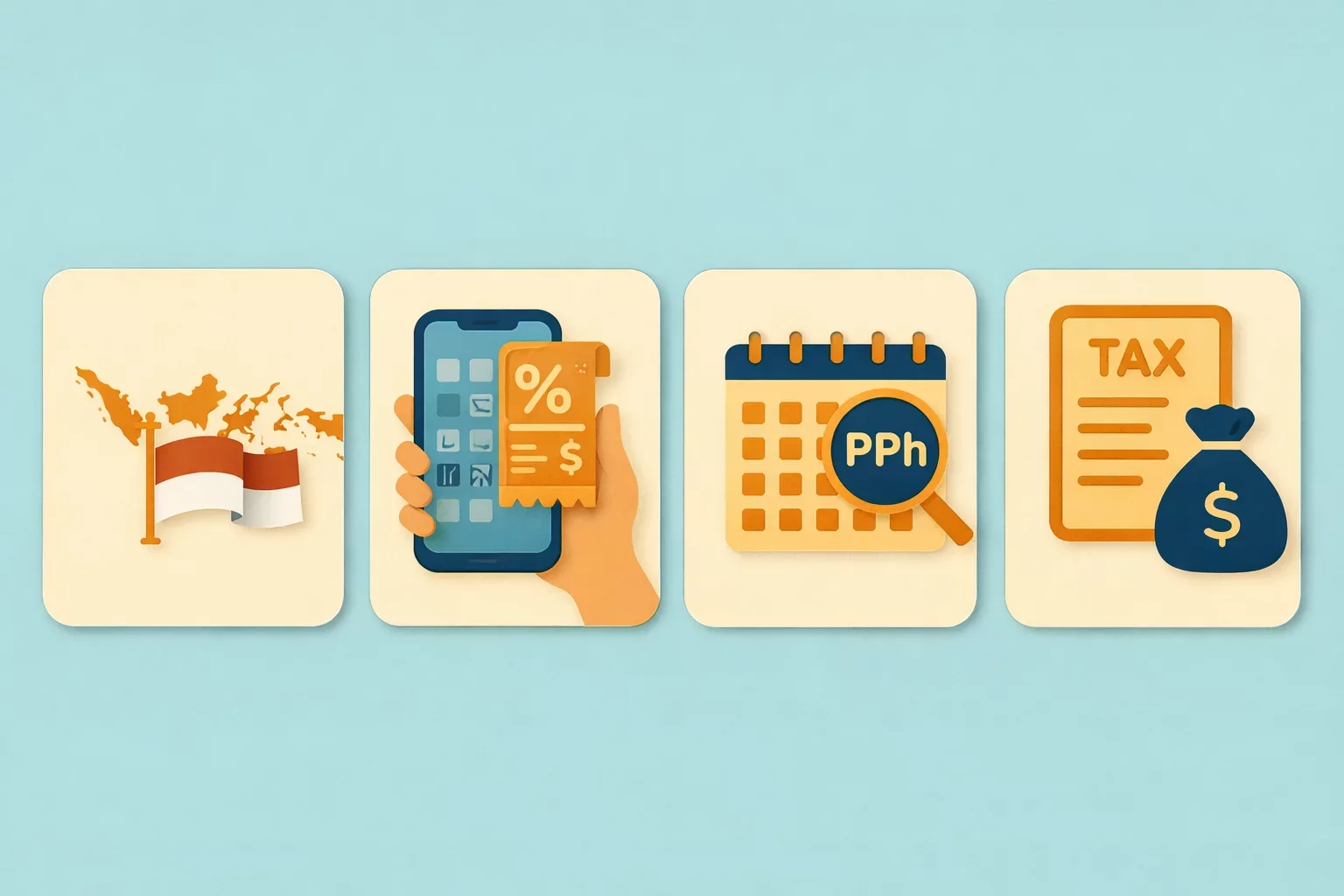
-aj8nwvlapw.webp)
-rk09hzgb2k.webp)
-aqpdksilre.webp)
-ksqx8bjuob.webp)

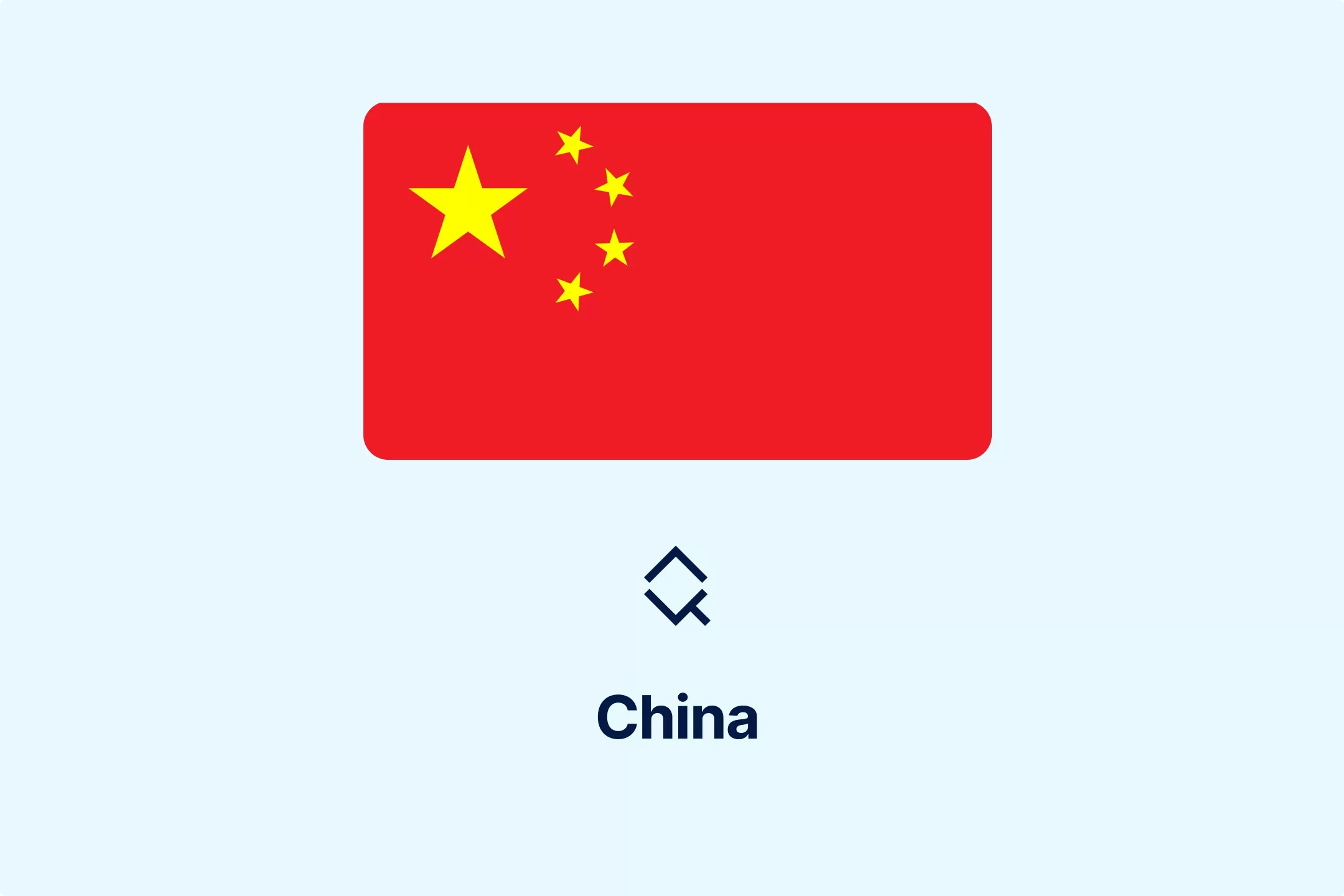
-zh8xbv0et6.webp)

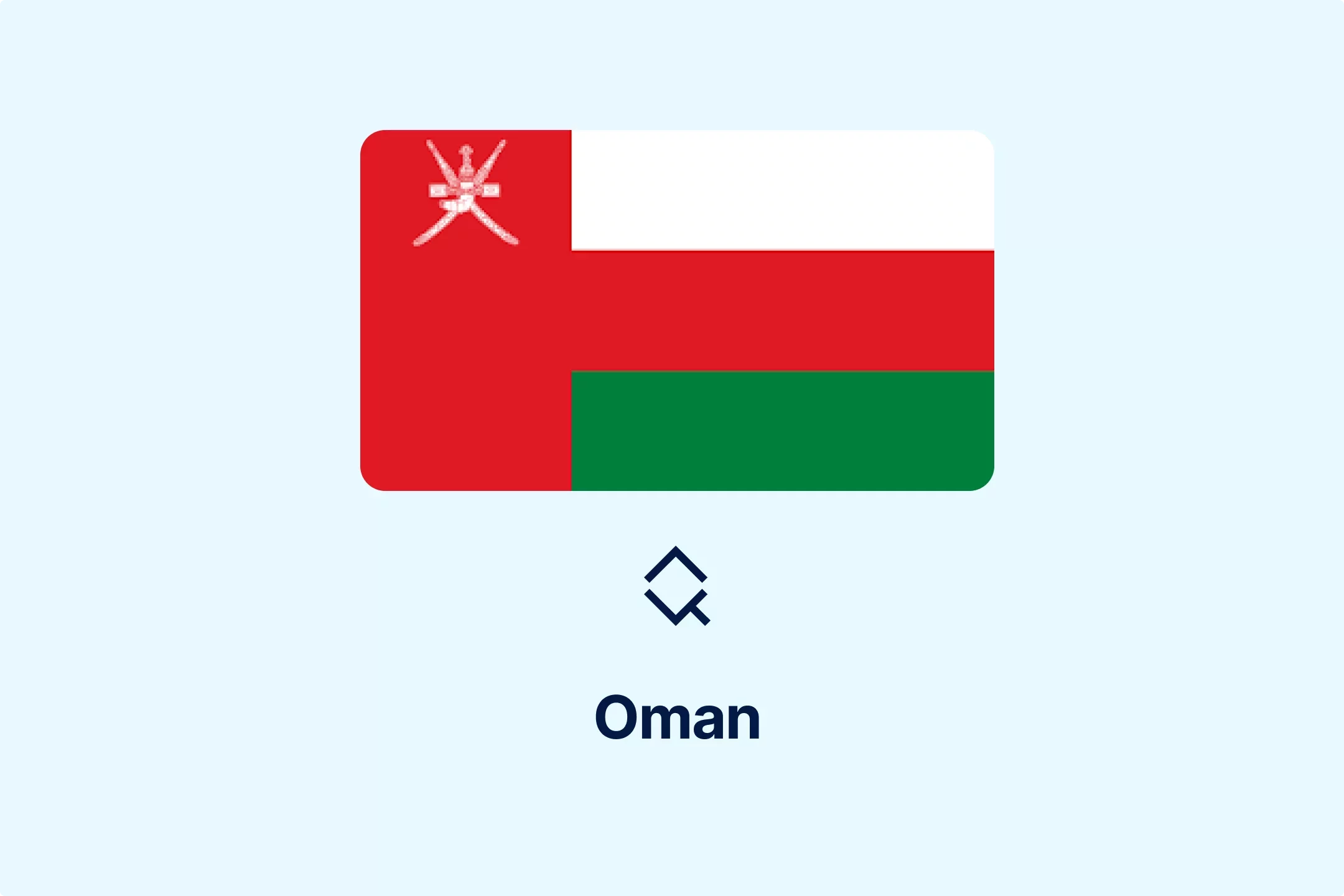
-acexzm5xzb.webp)
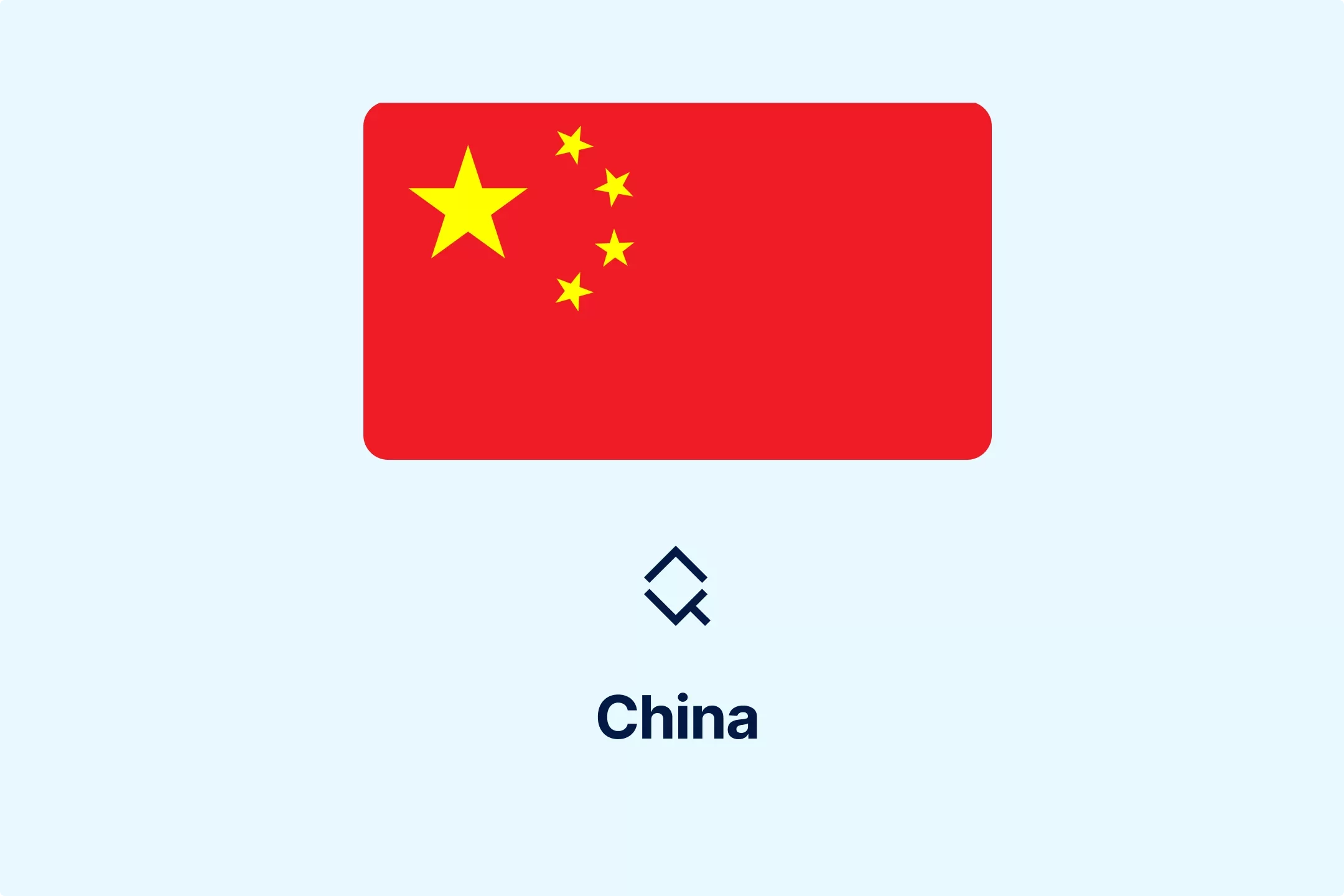
-lp1ahwrdoe.webp)
-2f07nuay2x.webp)
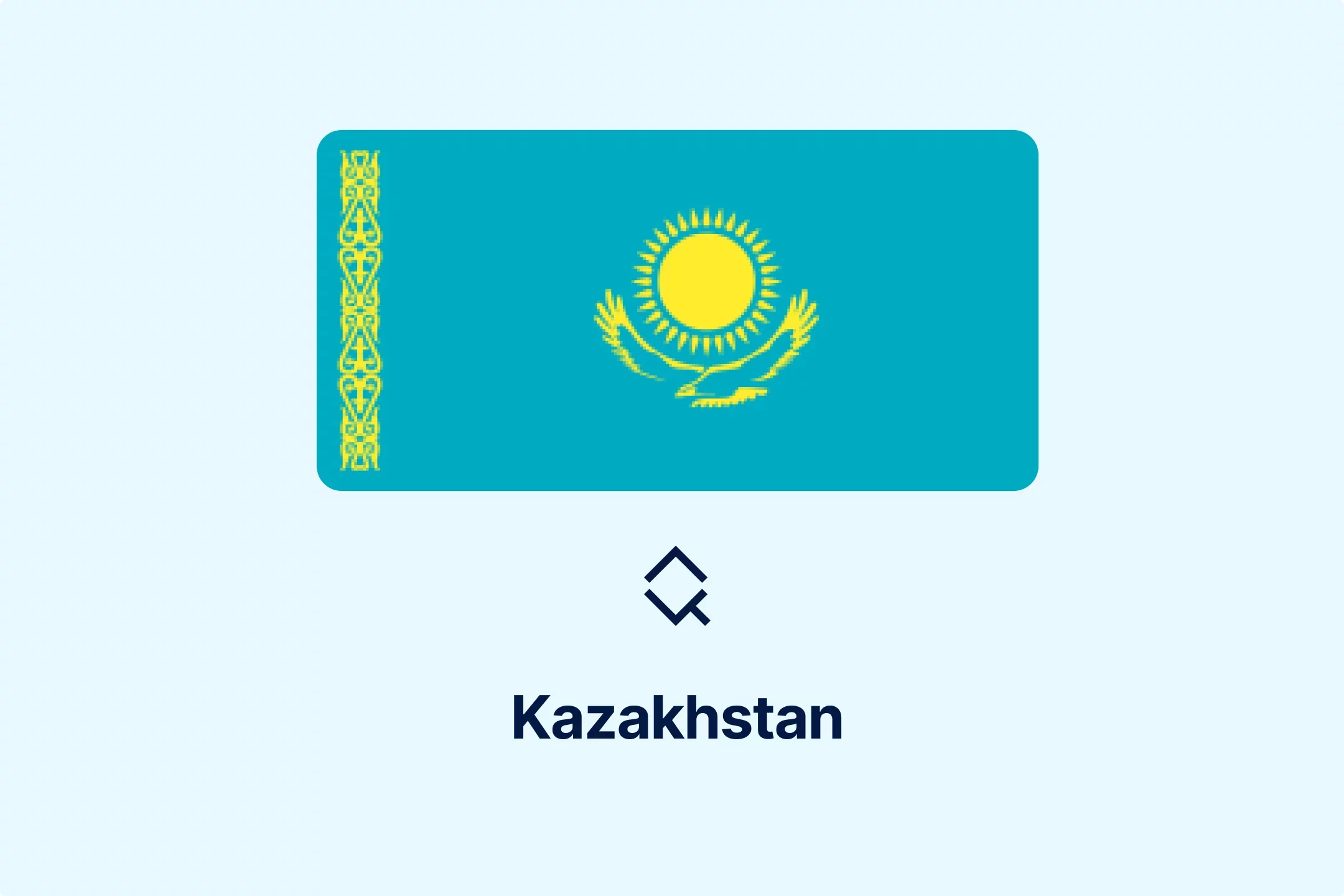
-ulni2ulvok.webp)

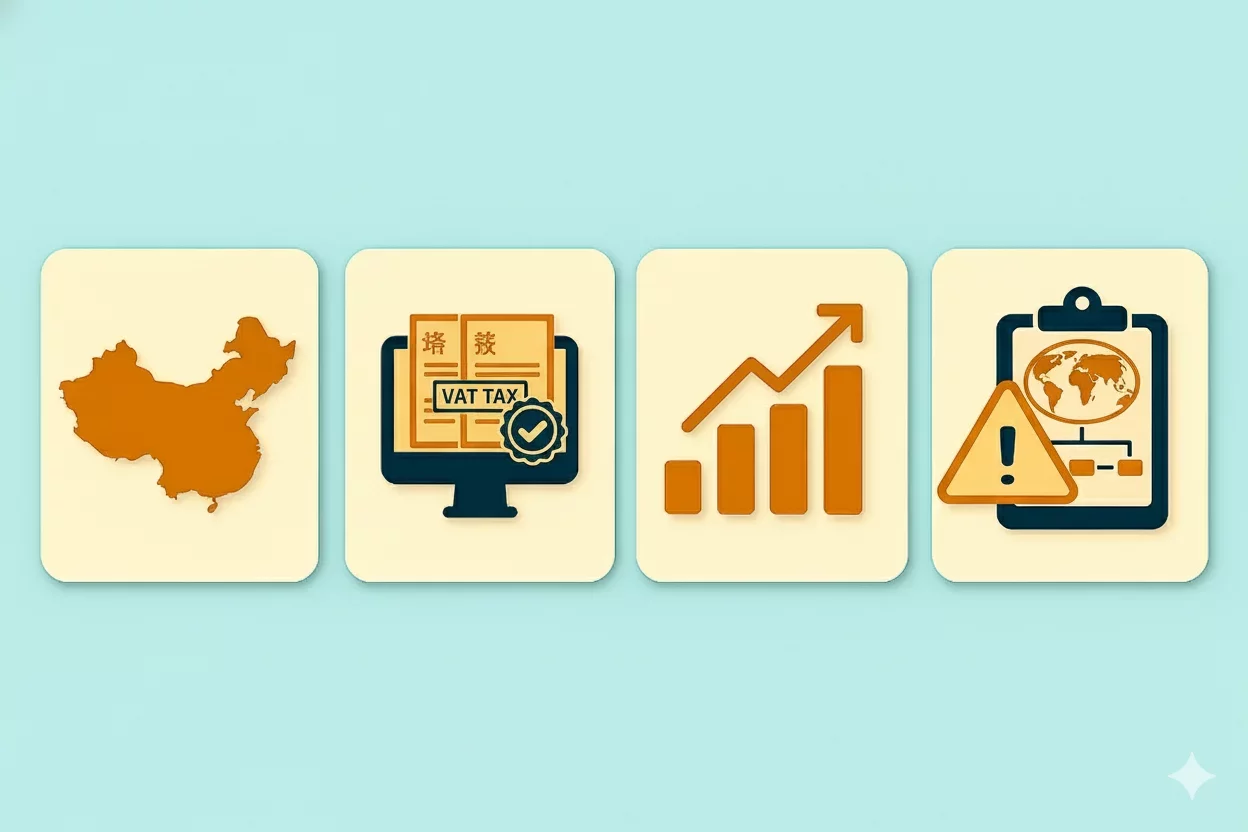
-vc48acvopx.webp)
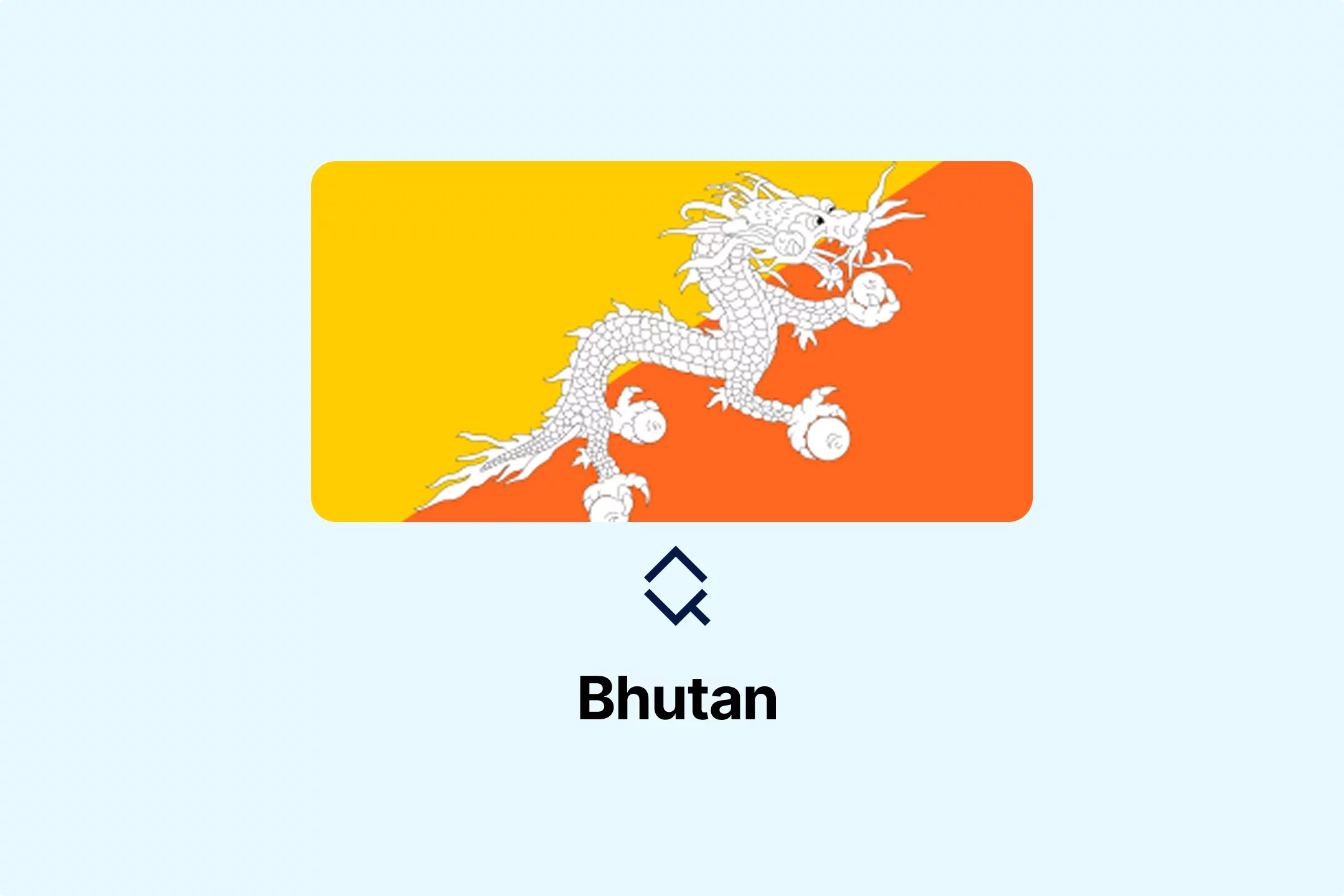
-gu6ivdnmcd.webp)
-wakzehxpru.webp)

-yvgiqwrd2b.webp)
-rgolzh4dpi.webp)
-bhtubhv12w.webp)
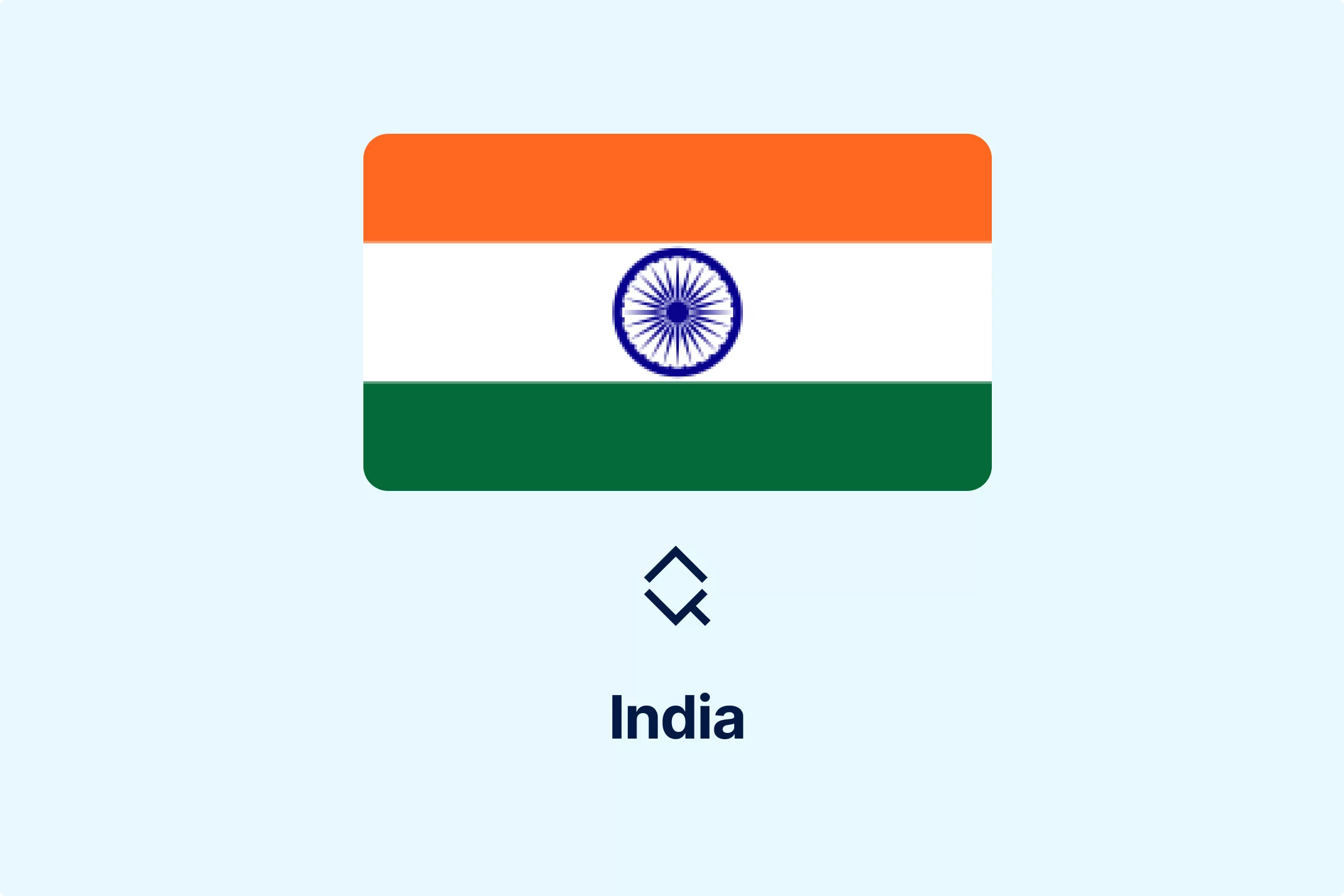


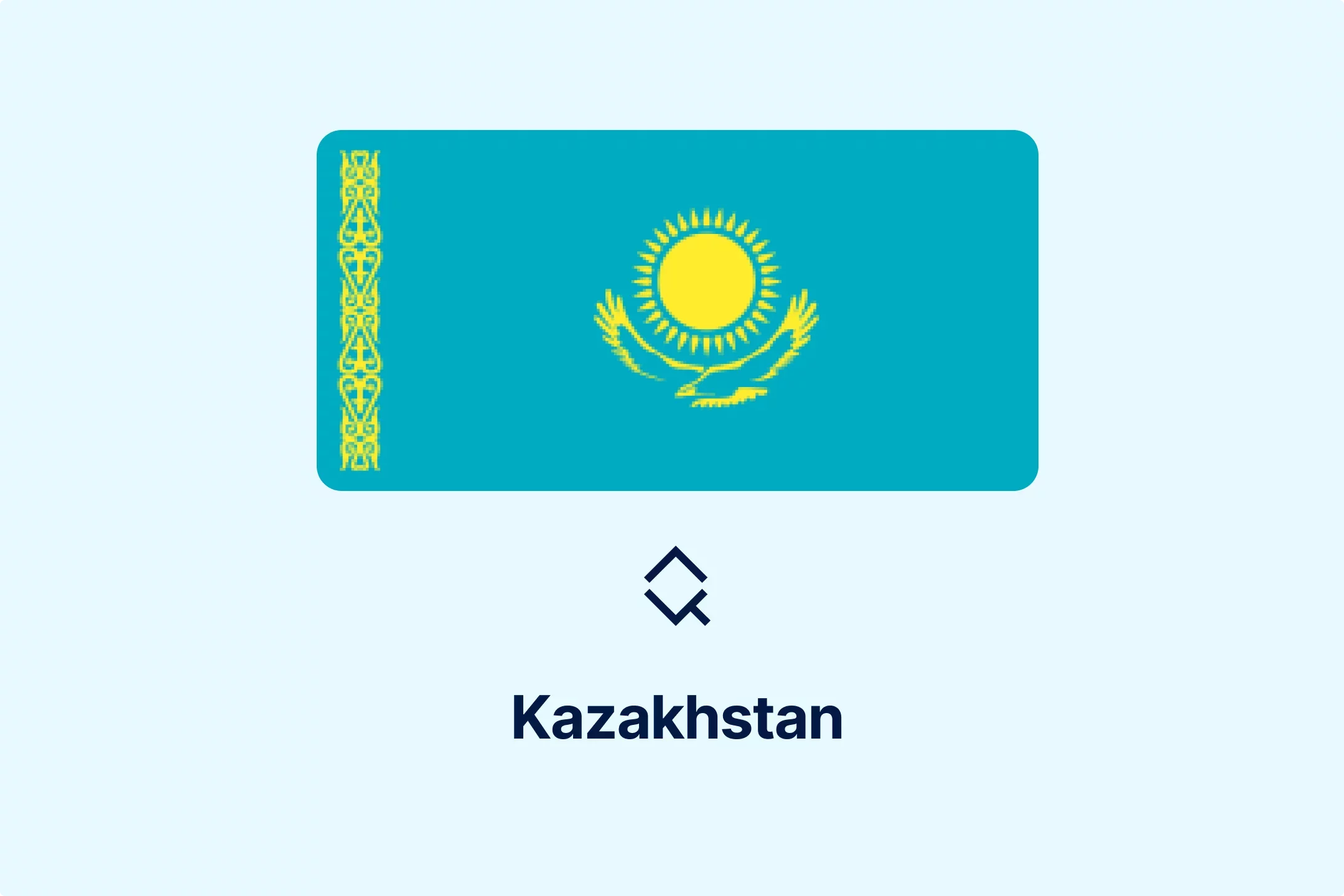
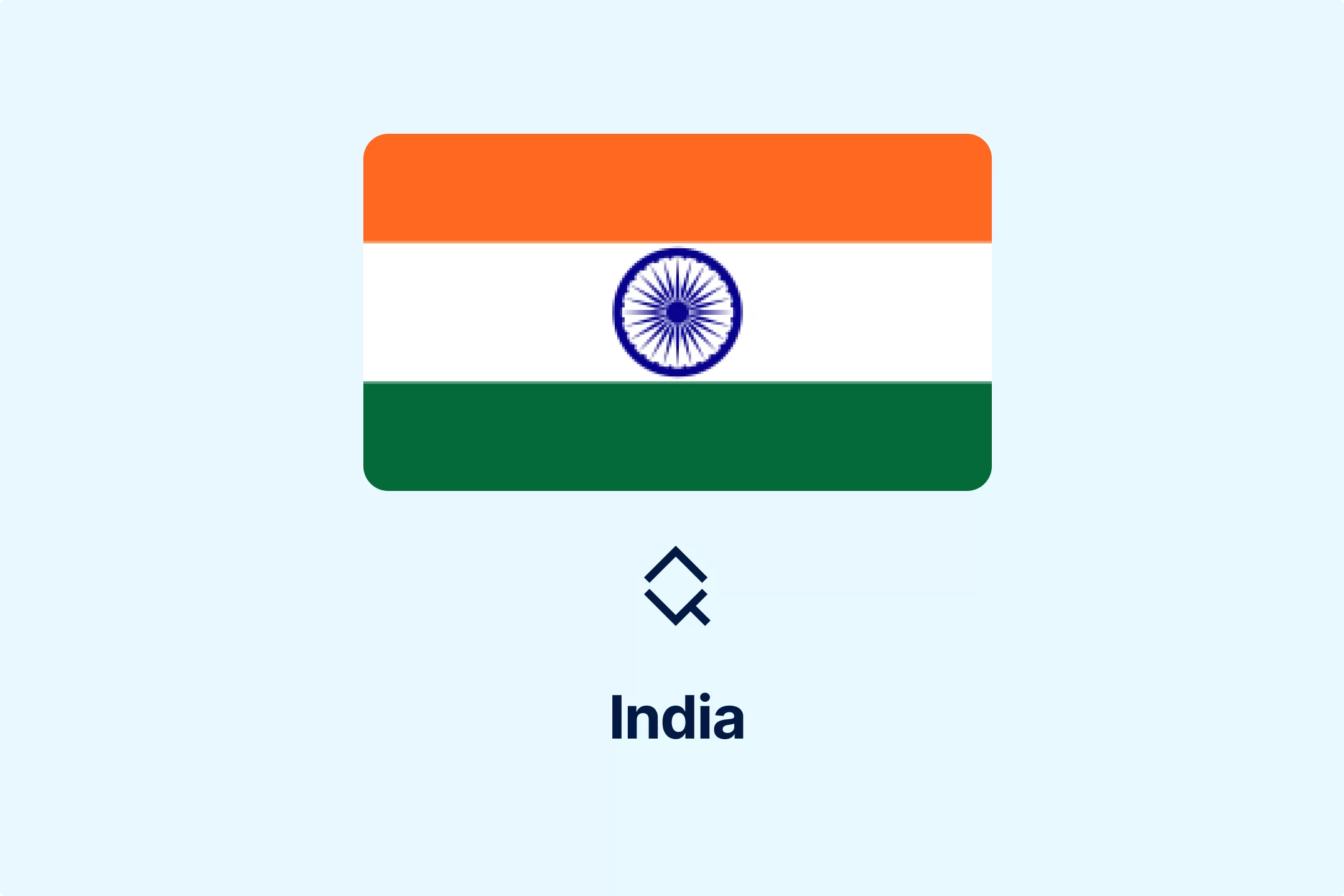
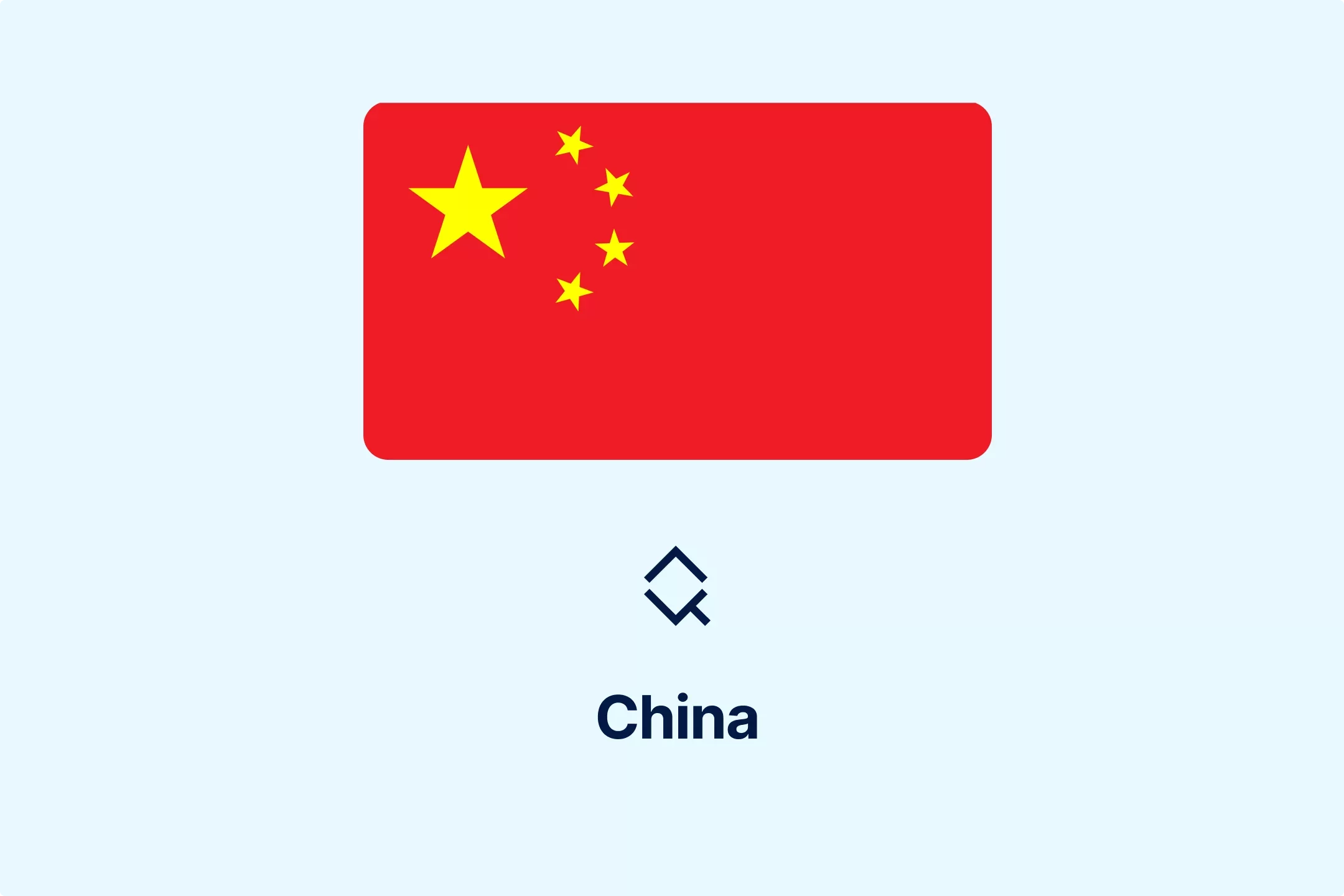



-5qi3wxwczq.webp)
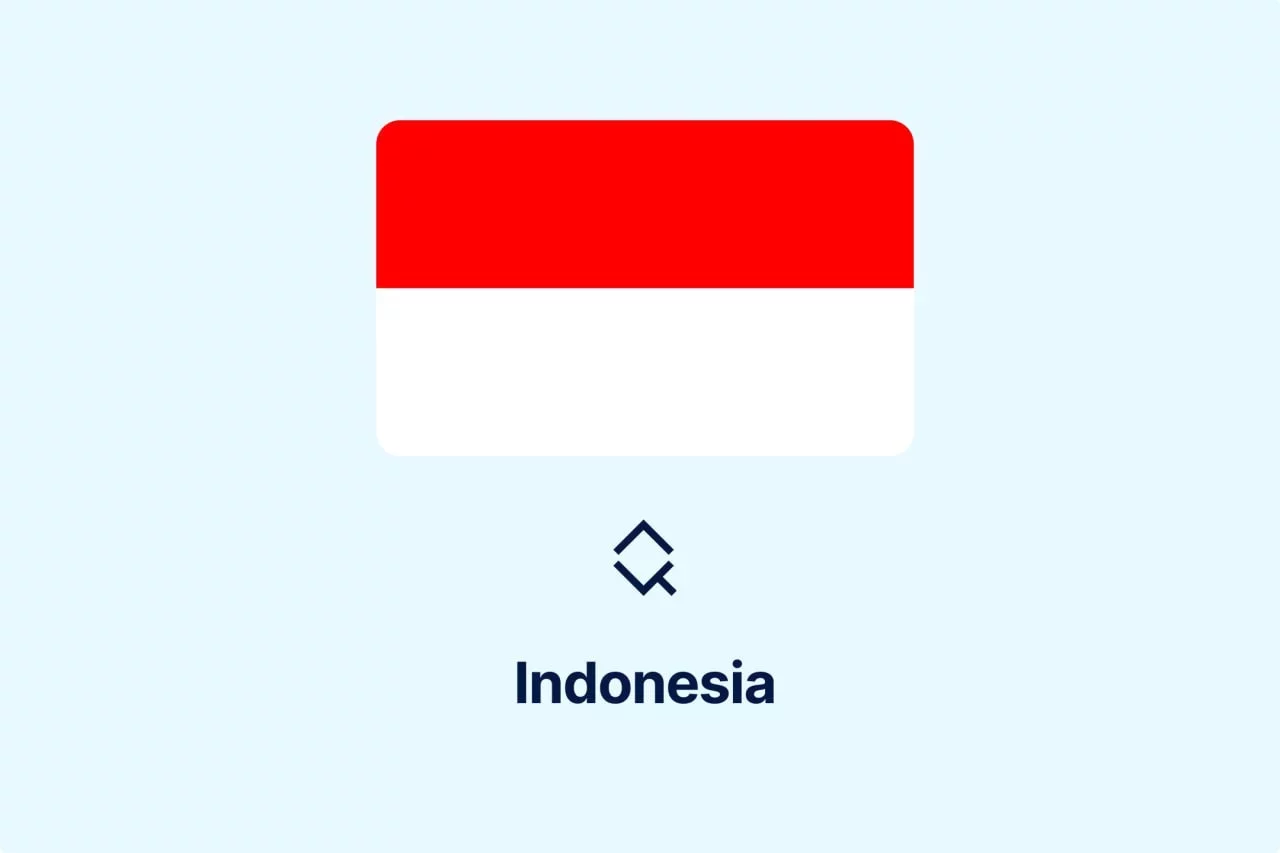
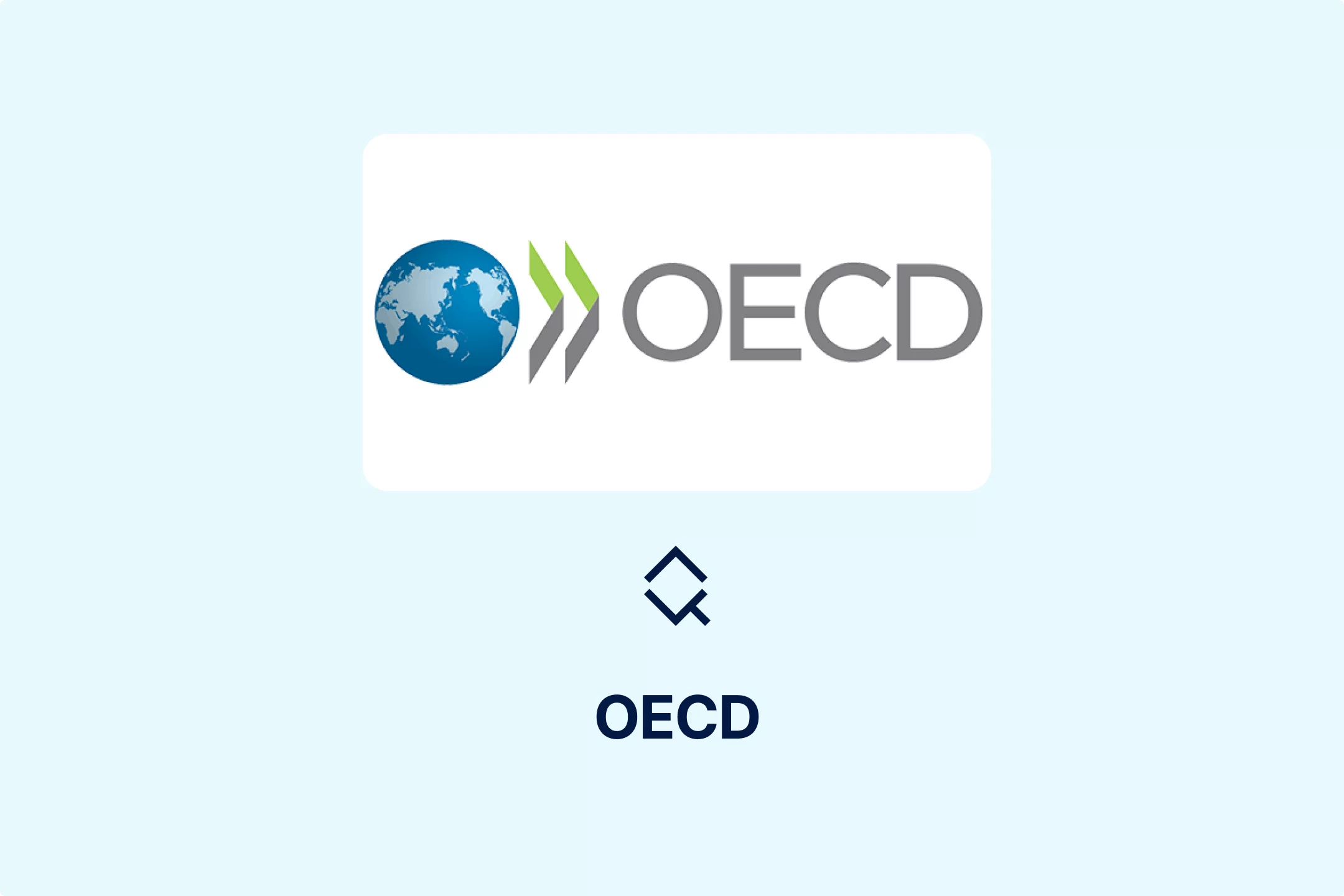

-sdwnbqn5jq.webp)

-xy6dlwlouj.webp)



-jml2kb4saf.webp)

-0f31djaf6e.webp)


-vlwergokhq.webp)
-ewzogfud73.webp)


-ahrrqhskho.webp)

-vxrk5c4pah.webp)
-3lduvjagew.webp)

-s1idmcmcn2.webp)
-r8dv4kfsfz.webp)
-dlzt4vdiax.webp)
-vfbkqfsn9u.webp)

-w0qbxfgtjo.webp)
-d9oq3p3tb0.webp)

-8agho1lmeq.png)

-0vnokkgjis.webp)


-inhdx9r99o.webp)

-v3qiu0yef0.webp)


.png)

















